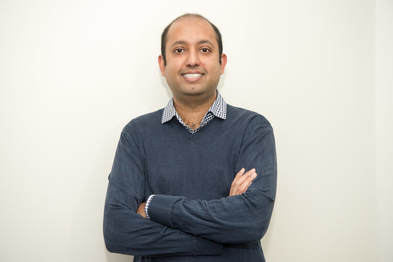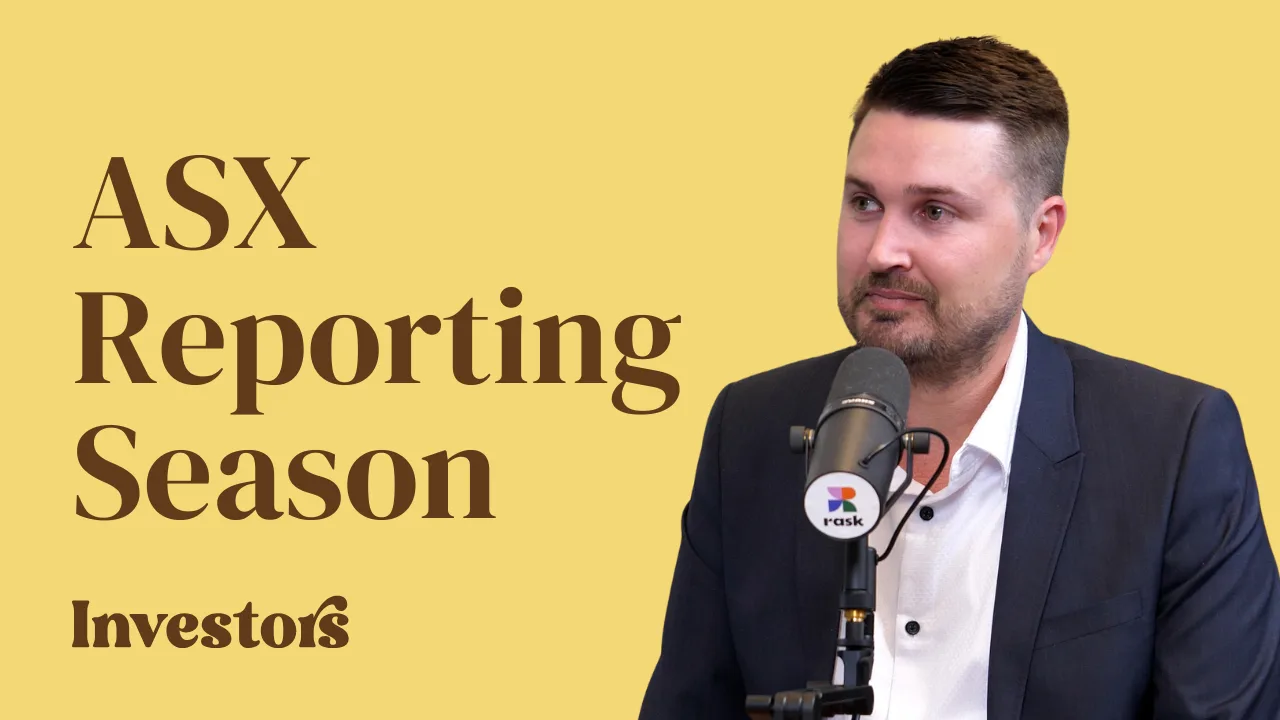We have noted of late, increased commentary about particular ASX listed technology companies that are perceived to be expensive on traditional measures without regard for their actual business models.
We will focus specifically on those companies that utilise scalable business models, and examine the nature of what a scalable business model actually is.
In it’s simplest definition, a scalable business model increases profits over time by growing revenue whilst mitigating a proportionate increase in costs. The least scalable businesses are typified by: high cost of human capital and low scale. Businesses such as consulting and professional services we consider to possess linear business models. We generally find scalable business models in industry segments such as software, online travel agents, digital finance and goods, online advertisements.
Scalable businesses can grow exponentially, due to a range of factors, including but not restricted to: low capital intensity and human capital requirements, quick and low-cost deployment, fast iteration of product and business processes to fulfil customer needs.
We consider the key elements of a scalable business model to be:
- A disconnect between sales growth and cost growth
- The removal of capacity constraints by collaboration via partnerships, creating platforms and capital efficiencies
- Generally based on intangible assets like intellectual property (IP) such as patents, software, data etc. These typically have minimal replication costs while being able to realise full value from the asset.
- Uses technology as a lever – for example, the advent of recorded music did not require a musician to be on site to listen to music
- Utilises existing infrastructure – Whatsapp at the time of acquisition by Facebook Inc (NASDAQ: FB) had only had 35 engineers servicing 450 million users. Today, it has around 50 engineers servicing over 1 billion users. Its adoption was driven by the rise in smartphones and cheap, mobile internet access.
We believe the scalability of a business model is driven by the following factors:
Concept – Inputs
- Technology – the automation of processes, scalability of technical infrastructure used in the delivery of the product or service
- Cost and revenue structures
- The ability to adapt to different legal environments and execute
- Network effects – defining and achieving critical mass and virality amongst the customer base
- User experience – solves a customer problem, simplicity in the offering, knowledge of and by existing users
- Scalable revenue streams: ecosystem, reoccurring revenue streams, network effects – the increase in revenue corresponds to an increase in margins
Realization – Output
- Management: the ability of the team, location, partnerships
- Market: potential, dynamics, awareness
- Investor attractiveness and valuation
- Company growth
A couple of ASX listed companies that we consider to possess scalable business models are Altium Limited (ASX: ALU) and Afterpay Touch Group Ltd (ASX: APT). Both operate and are leaders in ‘winner takes all’ markets, possess novel products and intellectual property, as well as holding customer-centric visions of the future.
Altium is a software company whose software assists in the design of electronic components critical to the operation of the technology that is ubiquitous today. In 2012, Altium’s revenue was $55 million and the EBITDA margin was only 0.5%. By 2018 the company grew revenue to $140 million and had achieved an EBITDA margin of 32%; with consistent increases in both revenues and EBITDA margins year on year. To me, this typifies a scalable business model.
Afterpay is a payment solution platform that has been growing extremely fast over the past couple of years driven by consumer and merchant demand. We feel the company has just reached its tipping point. In the 2018 financial year, gross sales were $2.2 billion while its EBITDA margin was circa 1.6%. We believe the company can achieve gross sales of $10 billion within 2 years, whilst increasing its EBITDA margin to close to 3% or circa $300 million.
Investing in scalable businesses is an attractive proposition, and can lead to outsized returns over time. Investors should keep in mind, however, that investing in a scalable business is not a panacea, they can be disrupted and are subject to market forces like all other businesses.
 This article was contributed by Emanuel Datt, Principal and Portfolio Manager of Datt Capital.
This article was contributed by Emanuel Datt, Principal and Portfolio Manager of Datt Capital.
Disclaimer: This article does not take into account your investment objectives, particular needs or financial situation; and should not be construed as advice in any way. Past performance is not a reliable indicator of future performance. Please refer to the Datt Capital website for more information.
Emanuel Datt On The Australian Investors Podcast
Tune in to The Australian Investors Podcast to hear from Australia’s leading investors and financial thinkers. Download the latest episode free on iTunes, Castbox, YouTube or wherever you choose to listen.












